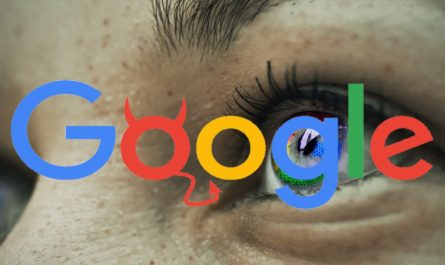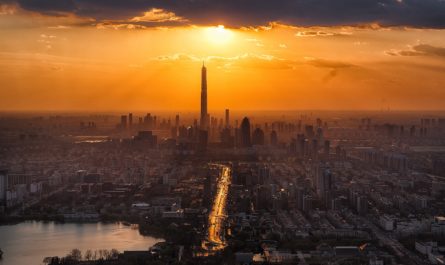I’ve never been that impressed when I see an elite give money to charity. A billionaire writing a check for a new university hall that will bear his name is not that extraordinary. It’s the financial equivalent of me rounding up my order at Taco Bell and getting a new chalupa named after me. Of course, I don’t want to minimize the incredible good done by so many socially conscious rich people. So many of them leave the world a better place than they found it. However, the fact remains: to the uber-wealthy, cash is easy to come by. What isn’t so easy to come by is time. If you want to do more good as a rich person, give your time. Share your wisdom.
There is a growing wealth gap in this country, but I don’t believe it’s because the wealthy are hoarding money. They are hoarding their wisdom. It’s a simple thing to write a check to support inner-city education and then bask in the accolades that follow. It’s quite another to personally befriend and teach and share the politically incorrect truths that inform a life well-lived.
Now when I say wisdom, I’m not talking about financial savvy, business sense, or the goop you read in your average self-help book. I’m talking about the stuff you hear from the pulpit on Sunday, or a Dad whose son just lost the championship game. There is timeless wisdom the wealthy live by almost universally, yet for one reason or another, they are slow to share it with the poor. If you look at the lives of most upper-class individuals who aren’t movie stars or athletes, you will see something that would look more at home in a 1950’s-era episode of “Father Knows Best” than in our modern-day. You will see two parents who are married and dedicated to their children. You will see kids who are taught personal responsibility and hard work. You will see a family who attends religious services each week.
As it turns out, this is no coincidence. Studies show that the most reliable predictors that separate the rich from the poor are not skin color, zip code, IQ, or inheritance. They are three simple behaviors: graduating high school, holding down a full-time job, and getting married before having kids. If you accomplish those three things, your chances of being in poverty are less than 2 percent. We can debate the history and socio-economic conditions that might make these three things more difficult for some than for others. However, there is one thing that almost always gets left out of the conversation: the power of the individual to make wise choices.
For some reason, suggesting the poor have the personal agency to change their circumstances through virtuous choices makes us uncomfortable. Why? Why is it easier to tell the poor that they are powerless, that the deck is stacked insurmountably against them by white privilege, big banks, politicians, or any number of invisible boogeymen? Why do we try to take away that self-determining power from the poor, as if their only hope is the charity and goodwill of wealthy benefactors and government? Why do we shy away from preaching the virtue that the wealthiest among us live by daily? Maybe we’ve become uncomfortable with the idea of virtue. Maybe our empathy for the disadvantaged overpowers our need to speak the truth in love. Maybe it’s because we would rather feel good than put in the time and sacrifice to actually do good.
Imagine if the wealthy started to extol the family, or faith, or responsibility to the poorest among us. Imagine if, in addition to writing checks, they extended their hands in friendship and offered wisdom and time to the poor. What if, in the words of Charles Murray, they began to “preach what they practice?”
I can imagine. Our culture would probably tell them to shut their privileged mouths up. And of course, they would. And then they’d go right back to writing checks for that new university hall.
CLICK HERE for more op-ed from The Petty Prophet.
Don’t miss the podcast!




